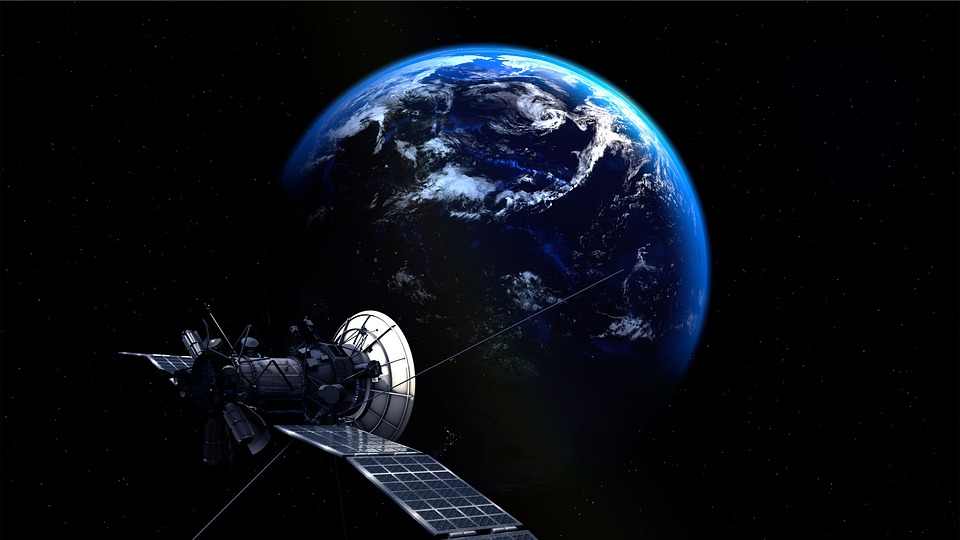 EMERGING TECH
EMERGING TECH
 EMERGING TECH
EMERGING TECH
 EMERGING TECH
EMERGING TECH
Space logistics services company D-Orbit, which provides companies last-mile assistance for satellites and cargo transfers in orbit around Earth, said today that it has raised $110 million in new funding to expand its services and operational capabilities.
The company’s Series C funding round, one of the largest ever for a European space technology company, was led by Marubeni Corp. and joined by Avantgarde. Existing investors participating in the round included CDP Venture Capital SGR, Seraphim Space Investment Trust, United Ventures, Indaco Venture Partners, Neva SGR Spa and Primo Ventures.
D-Orbit’s main service is to provide a “space tug” with the multipurpose ION orbital transfer vehicle, which is capable of transportation, payload hosting and in-space compute. These vehicles are delivered into orbit and then position themselves within different orbits to complete various missions. Their primary capability is to deliver payloads into a particular orbital position.
According to the company, the precision with which an ION vehicle is capable of deploying a satellite via “last mile delivery” can reduce a customer’s time from launch to operation by up to 85% and provide up to a 40% cost savings.
The same spacecraft can be outfitted with various technologies, such as antennae, in-space edge computation and lenses so that after the original mission is complete, that technology can be tested.
The company can also use the vehicles to address space junk by deorbiting old satellites, causing them to burn up in the atmosphere, or moving them into new orbital trajectories where the debris will not be in danger of colliding with other satellites. Space junk is a serious problem. According to a report from American spacecraft manufacturer SpaceX Corp., its Starlink satellites had to maneuver more than 25,000 times in the first half of 2023 to avoid collisions.
The company’s first mission took place in October 2020 with the successful release of 12 SuperDove satellites from Earth-imaging company Planet Labs PBC. Since that first mission, named Origin, D-Orbit has completed 14 more successful missions and now has 13 IONs in orbit. The company has helped deploy 100 satellites. Its next mission is planned for June.
With the funding, D-Orbit said the company intends to expand its in-space cloud computing capabilities. The company also intends to work toward a way to recycle space debris instead of simply destroying or moving it, creating a “circular space economy” where it can become a valuable resource. The autonomous vehicles necessary for this undertaking would be controlled by the cloud network the company is already building.
The space industry is rapidly growing and analysts believe it’s set to see a massive boost in the next decade. A report from McKinsey & Company noted that the space market has grown to about $447 billion, up from $280 billion in 2010, and that it could grow to a $1 trillion market by 2030. This significant growth would be driven by the increasing number of satellites being put into orbit, which could triple in the next decade.
Support our mission to keep content open and free by engaging with theCUBE community. Join theCUBE’s Alumni Trust Network, where technology leaders connect, share intelligence and create opportunities.
Founded by tech visionaries John Furrier and Dave Vellante, SiliconANGLE Media has built a dynamic ecosystem of industry-leading digital media brands that reach 15+ million elite tech professionals. Our new proprietary theCUBE AI Video Cloud is breaking ground in audience interaction, leveraging theCUBEai.com neural network to help technology companies make data-driven decisions and stay at the forefront of industry conversations.